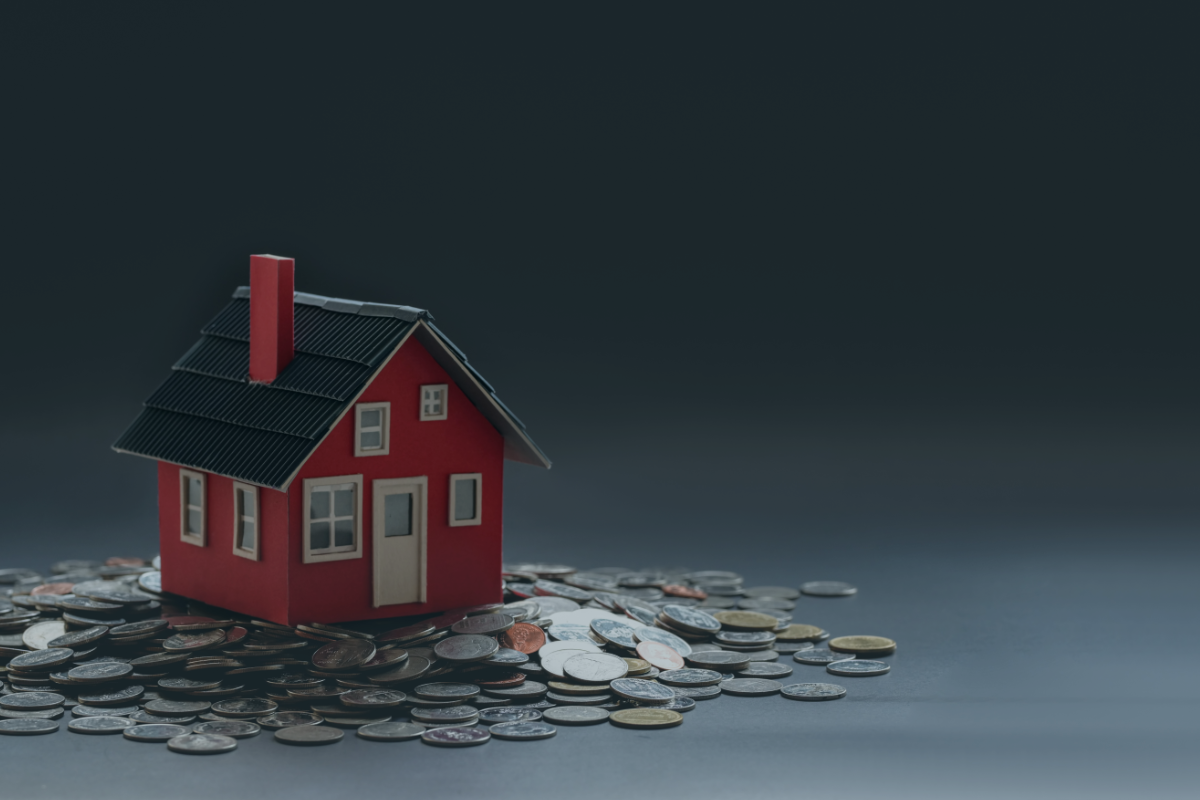When you apply for a home loan, the lender will consider various factors to determine your eligibility for the loan. One of the most important factors is your credit score, also known as CIBIL score. Your CIBIL score is a three-digit number that ranges from 300 to 900, and it reflects your creditworthiness. In this article, we will discuss how your CIBIL score affects your eligibility for a home loan and what you can do to improve your score.
Why CIBIL Score Is Important for A Home Loan?
Your CIBIL score is one of the primary factors that lenders consider when evaluating your home loan application. The score indicates your creditworthiness and how likely you are to repay your loan on time. A high CIBIL score indicates that you have a good track record of repaying your debts and are more likely to make timely payments on your home loan.
On the other hand, a low CIBIL score indicates that you have a poor credit history and are less likely to repay your debts on time. In such a scenario, lenders may consider you a high-risk borrower and may either reject your loan application or offer you a higher interest rate. Therefore, it is important to maintain a good CIBIL score to increase your chances of getting a home loan at a lower interest rate.
How Is Your CIBIL Score Calculated?
Your CIBIL score is calculated based on various factors such as your credit history, repayment history, credit utilization ratio, and the length of your credit history. Here’s a brief explanation of each factor:
Credit History – Your credit history is a record of your past borrowings and repayments. It includes details of all your credit accounts such as credit cards, personal loans, and other loans. The longer your credit history, the higher your CIBIL score.
Repayment History – Your repayment history is a record of your past repayments. It includes details of your loan and credit card payments, including any late payments or defaults. Timely repayments help to increase your CIBIL score, while defaults or late payments can reduce it.
Credit Utilization Ratio – Your credit utilization ratio is the ratio of your credit card balance to your credit limit. A high credit utilization ratio indicates that you are heavily dependent on credit, which can reduce your CIBIL score.
Length of Credit History – The length of your credit history is the amount of time you have been using credit. A longer credit history indicates that you have been using credit responsibly, which can increase your CIBIL score.
How To Improve Your CIBIL Score for A Home Loan?
If you have a low CIBIL score, there are several steps you can take to improve it before applying for a home loan. Here are some of the ways to improve your CIBIL score:
Pay your debts on time – Timely repayments of your loans and credit card dues are essential to maintain a good CIBIL score. Set up reminders or automatic payments to ensure that you never miss a payment.
Reduce your credit utilization ratio – To reduce your credit utilization ratio, try to pay off your credit card balances in full every month. If you are unable to pay off the balance, try to keep it below 30% of your credit limit.
Avoid applying for too many loans or credit cards – Every time you apply for a loan or credit card, the lender will make an inquiry into your credit report. Too many inquiries can reduce your CIBIL score.
Check your credit report regularly – You should check your credit report regularly to ensure that there are no errors or discrepancies. Dispute any errors with the credit bureau to ensure that they are corrected.
Keep old credit accounts open – The length of your credit history is an important factor in determining your CIBIL score. Therefore, it is advisable to keep your old credit accounts open, even if you do not use them frequently.
Avoid defaulting on your loans – Defaulting on your loans can have a severe impact on your CIBIL score. Therefore, it is important to make timely payments and avoid defaulting on your loans.
Opt for a secured credit card – If you have a low CIBIL score, you may find it difficult to get a regular credit card. In such a scenario, you can opt for a secured credit card, which requires you to deposit a certain amount of money as security. This can help you build your credit score over time.
Maintain a healthy credit mix – Having a healthy mix of secured and unsecured loans can help improve your CIBIL score. However, it is important to ensure that you do not take on too much debt and are able to make timely payments.
Conclusion:
Your CIBIL score is an important factor that determines your eligibility for a home loan. A good CIBIL score can help you get a home loan at a lower interest rate, while a low score can lead to rejection of your loan application or higher interest rates. Therefore, it is important to maintain a good credit score by making timely payments, reducing your credit utilization ratio, and avoiding defaulting on your loans. By following these steps, you can improve your CIBIL score and increase your chances of getting a home loan to fulfil your dream of owning a home.
Are you looking to Improve your LOW CIBIL SCORE? Contact us
Last updated on March 31, 2023




